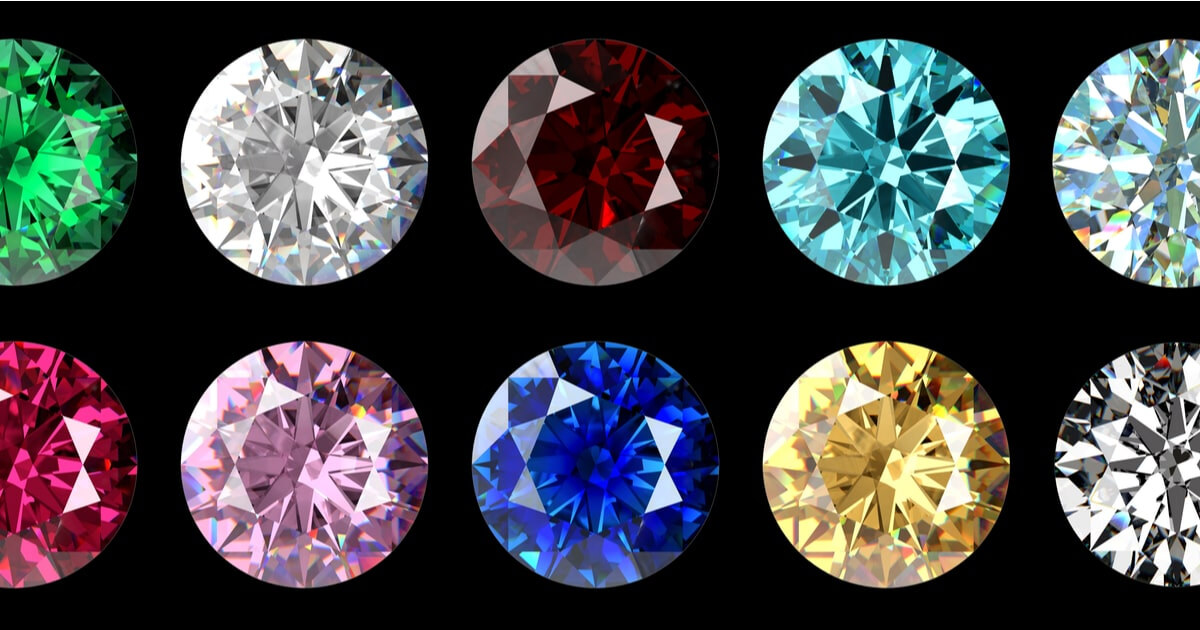Mina Protocol to Launch ZK Smart Contracts, Backed by $92M from Three Arrows and FTX
Luisa Crawford Sep 09, 2023 09:23
Mina Protocol is set to introduce Zero-Knowledge smart contracts to its mainnet, simplifying zkApp development and enhancing security. The upgrade will phase out supercharged rewards and phase out supercharged rewards. Mina Protocol, the world's lightest blockchain, combines Bitcoin and Ethereum elements, and the success depends on collective effort from node operators, developers, and users.

Mina Protocol is on the brink of a major upgrade that aims to introduce Zero-Knowledge (ZK) smart contracts to its mainnet. This development is anticipated to amplify community engagement and the creation of products on the Mina platform.
The forthcoming upgrade is characterized by three primary features:
Enhanced zkApp Programmability: The upgrade will simplify zkApp development through the integration of o1js. This tool was formerly known as "SnarkyJS", a TypeScript library tailored for crafting ZK smart contracts.
Introduction of Kimchi: Mina is set to adopt Kimchi, a novel proof system, which promises to bolster both security and efficiency.
Phase-out of Supercharged Rewards: In a bid to foster staking adoption during the nascent stages of its mainnet, Mina had introduced supercharged rewards. However, this incentive is slated for removal in the upcoming upgrade.
These enhancements were not arbitrarily chosen; they were proposed and subsequently ratified by the Mina community, underscoring the platform's commitment to decentralized decision-making.
In preparation for this significant leap, Mina has initiated the Testworld Mission 2.0. This testnet is segmented into four distinct tracks, with the initial two - zkApp End-to-End (E2E) Testing and External Security Auditing - already completed. The remaining tracks focus on Protocol & Performance Testing and final preparations for the impending upgrade.
Since the launch of its mainnet, Mina has witnessed substantial advancements, notably spearheaded by @o1_labs. Their contributions encompass the adaptation of the recursive layer Pickles to Kimchi, ensuring universality, the implementation of zkApp transaction logic, and pivotal modifications to complementary modules resulting from zkApps. Furthermore, they have played a pivotal role in equipping the o1js frontend to support zkApps and seamlessly bind to the protocol and proof system layers.
Mina Protocol is a "succinct blockchain" aiming to streamline computational demands for efficient DApp operations. Touted as the world's lightest blockchain, Mina's size remains constant regardless of usage, ensuring a balance between security and decentralization. Rebranded from Coda Protocol in October 2020, Mina's network is a mere 22 KB, contrasting sharply with Bitcoin's 300 GB. Mina's primary goal is a distributed payment system allowing users to verify from the genesis block using zk-SNARKs cryptographic proofs. The protocol's native currency is MINA. Functionally, Mina combines elements from Bitcoin and Ethereum, using the Ouroboros Samasika PoS mechanism and parallel scan state for transaction speed.
The momentum behind this upgrade is palpable, with a multitude of contributors dedicating their efforts to the incentivized testnet, the upgrade itself, and the essential tasks that will follow. Mina emphasizes that the success of this upgrade hinges on a collective effort, encompassing everyone from node operators and developers to community creators and users.
As highlighted by Blockchain.News, the Mina Foundation, responsible for the development and management of Mina Protocol—touted as the world's lightest blockchain—has secured $92 million in funding to boost Zero-Knowledge Proof Technology. This investment round was spearheaded by Three Arrows Capital and FTX Ventures. However, both these leading firms have now declared bankruptcy.
Disclaimer & Copyright Notice: The content of this article is for informational purposes only and is not intended as financial advice. Always consult with a professional before making any financial decisions. This material is the exclusive property of Blockchain.News. Unauthorized use, duplication, or distribution without express permission is prohibited. Proper credit and direction to the original content are required for any permitted use.
Image source: Shutterstock.jpg)